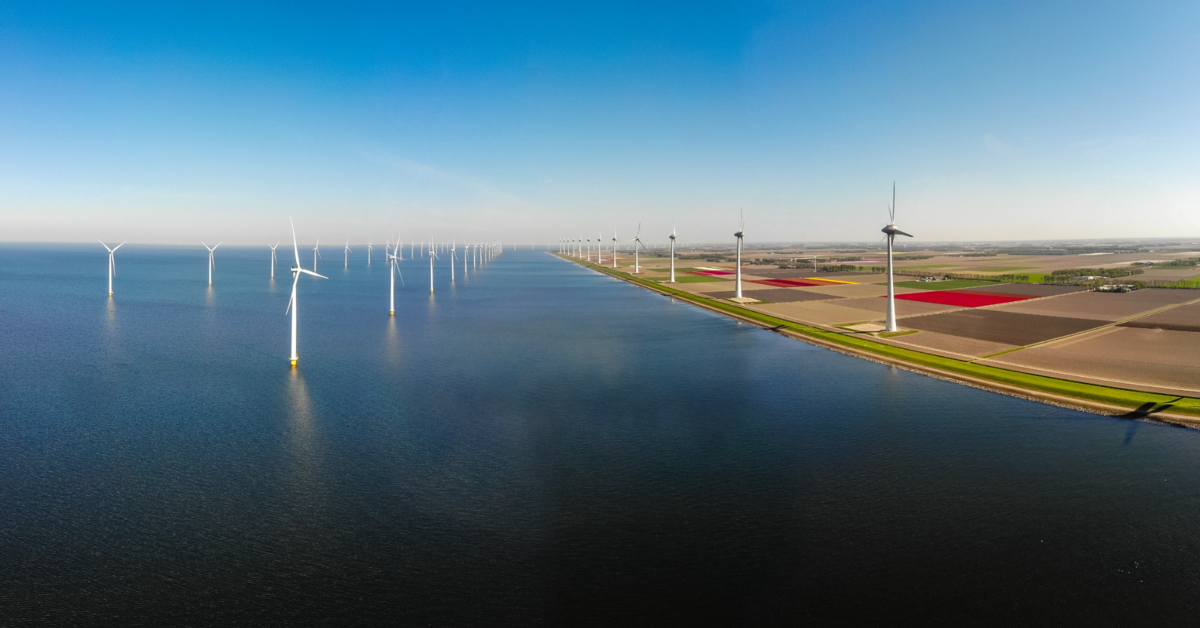Australia’s Path to Net Zero: Five Takeaways from Business Leaders’ “2023 Climate Governance Forum”
Upon coming into power in mid-2022, the Australian Albanese Government set ambitious goals to achieve 43% emission reduction compared to 2005 levels by 2030 and net zero by 2050. Businesses are expected to make substantial operational changes to contribute toward achieving this target.
On August 11, the 2023 Australian Institute of Company Directors (AICD) Climate Governance Forum brought together in Sydney over 2,000 business leaders to explore several ways directors and boards can address climate governance, risks, and opportunities.
This is our analysis of each of the AICD’s five key takeaways from the forum and what Australia’s evolving climate governance means for business:
1. Planning for transition towards net zero requires businesses to have effective leadership and network collaboration
Australia’s plans for achieving net zero include incentivizing businesses to decarbonize via electrification and adoption of low-emission technologies, which requires thorough transition planning. Industry leaders at the forum highlighted the importance of appointing dedicated leaders to spearhead this transition process. These leaders act as internal champions, increasing climate awareness within the organization and establishing measurable transition milestones.
During the transition planning, companies should not work in isolation. The Australian Government has committed to removing barriers to low-emission technology deployment by ensuring transparency and knowledge sharing. In light of this, the forum highlighted the importance of leveraging network knowledge by learning from other companies within the same sector and beyond. This also involves allocating resources to monitor emerging technologies and solutions.
2. Companies’ strategies for climate change need to be adaptive
The future of climate change and its governance is uncertain. At the national level, the Australian Government maintains a “review and refine” approach to achieving its net-zero target. This means domestic policies will be recalibrated every five years to reflect the latest discoveries.
The same principle should apply to businesses as well. As companies gather more information about their operations, they can better understand climate risks and opportunities within their supply chains, operations, and assets. Accordingly, the forum concluded that companies’ climate strategies need to be agile—that is, by reviewing them regularly to account for new knowledge and the latest technological developments.
3. Businesses need to understand how biodiversity affects their operations across supply chains
In developing their climate adaptation strategies, companies must understand that biodiversity is a material financial risk. Biodiversity provides ecosystem services that enable companies to produce their goods and services, and its loss can jeopardize production across supply chains. The forum provided an example of how a resources company can measure the impact of biodiversity on their land assets, enabling them to learn for future projects.
Furthermore, companies must also be aware that climate risks and opportunities are location-specific, depending on their assets’ locations. Companies will therefore benefit from collaboration with experts and local knowledge, including Indigenous perspectives.
4. Companies require reliable and accurate data to prepare for mandatory climate reporting
The Australian Government is looking to introduce mandatory climate reporting for its largest companies and financial institutions in mid-2024, with other smaller companies following suit. The report will cover disclosures about how companies manage climate-related risks and opportunities, such as their governance, strategy, risk management and metrics, and targets (including greenhouse gas emissions).
Considering this, the forum highlighted the importance of sourcing reliable and accurate data. This may mean adjusting customer and supplier contracts so a company can acquire more information on its operations. However, it does not stop there. To avoid greenwashing or misleading claims on sustainability, companies should also have a procedure to verify the acquired data before reporting it.
5. Companies need to understand different stakeholders’ expectations amid increasing scrutiny over environmental strategies
With mandatory climate reporting in place, companies should anticipate heightened scrutiny from stakeholders, including investors, regulators, and consumers. The forum stressed the importance of understanding these stakeholders’ needs and tailoring information accordingly. For instance, the forum highlighted the preference for board resolutions to clearly demonstrate their strategies for managing risks and opportunities rather than being overly prescriptive.
Companies should also expect increased regulation and enforcement against greenwashing activities. We have already seen the Australian Securities and Investments Commission (ASIC) targeting several financial services firms for misrepresenting their green investment strategies. This trend is projected to persist in the coming years. Accordingly, it is important to refrain from overstating positive environmental impacts unless firmly substantiated.



